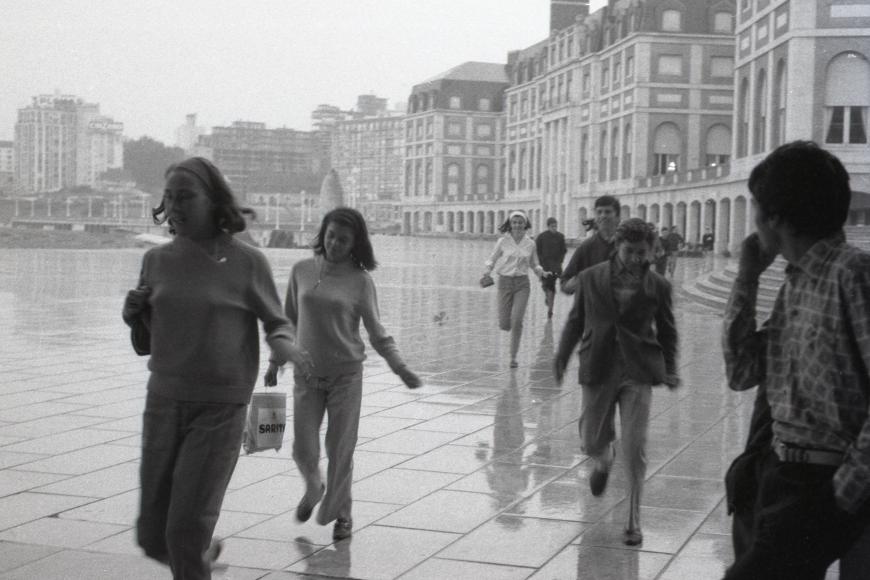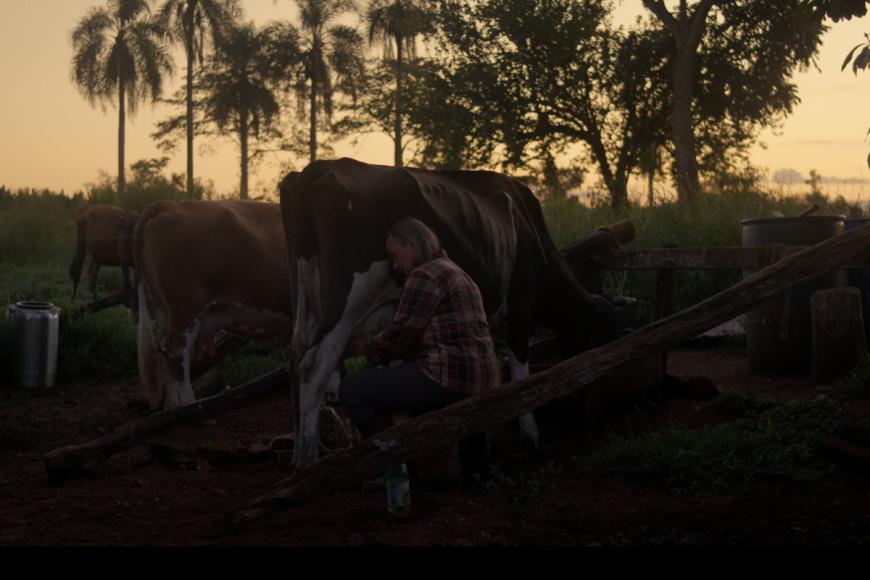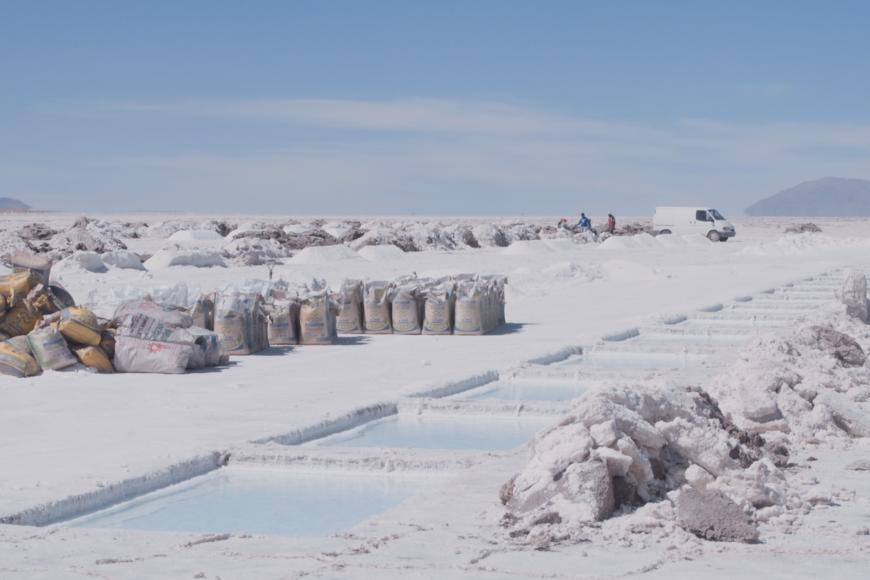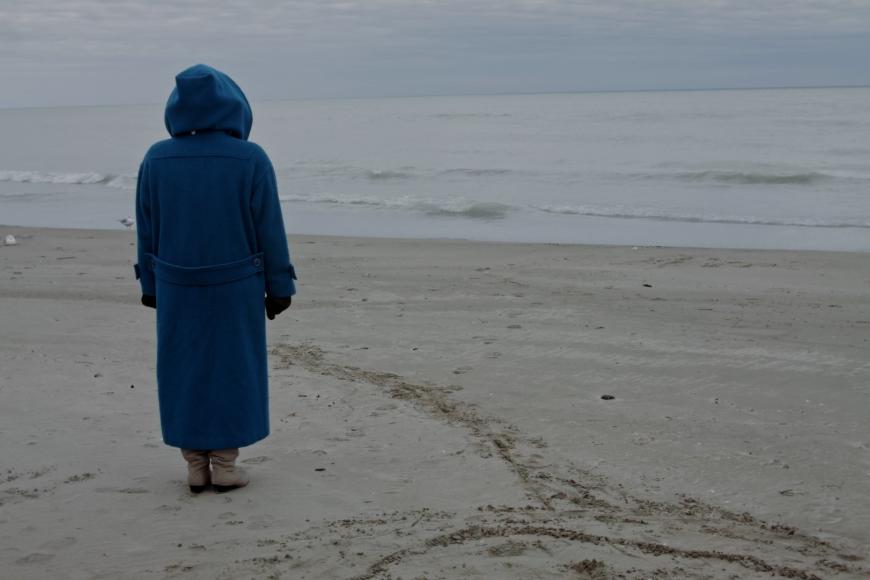
Danube
Argentine director Agustina Pérez Rial’s debut feature-length film about the ninth edition of the International Film Festival in her native city of Mar del Plata from 1968 seems to find an uncommonly balanced solution to the primal dilemma of documentary storytelling. In an impressively brilliant montage of archive material, a story is constructed which, according to the director herself, is not necessarily true, but realistic.






